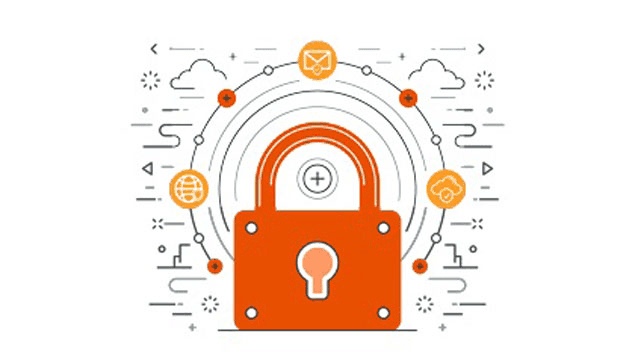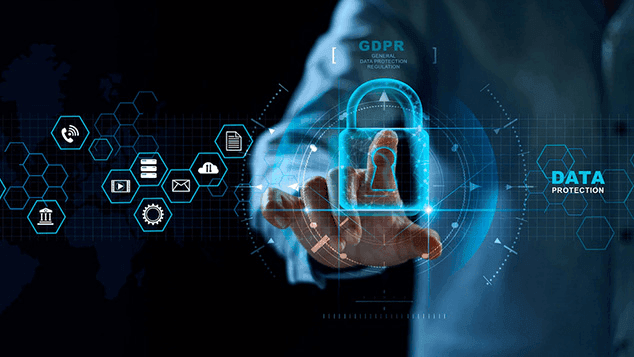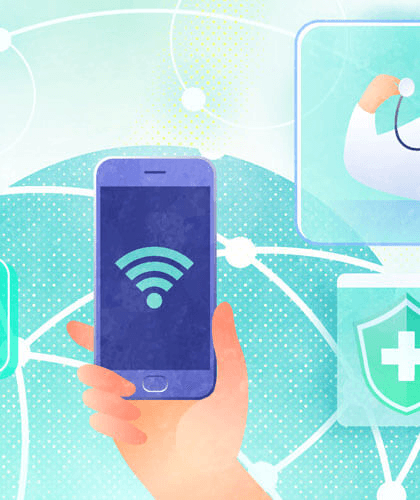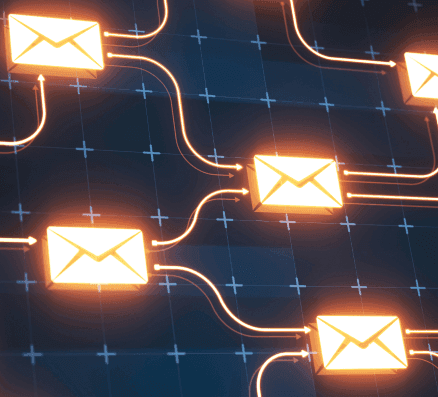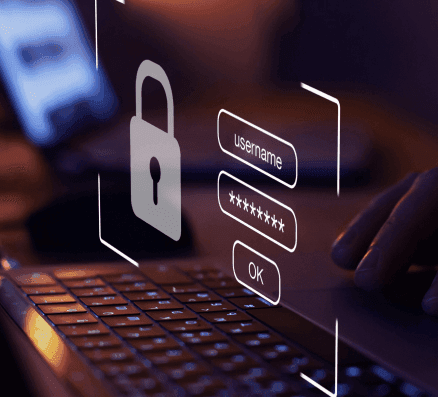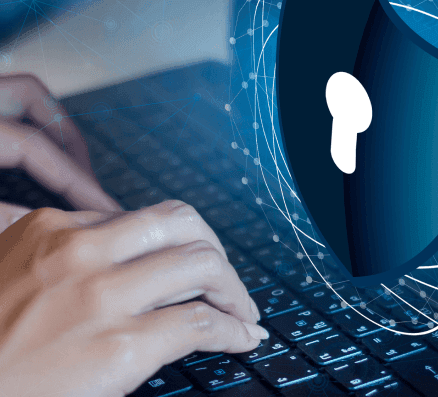Top Benefits of TTBS End Point Security Service
From protection against virus spyware, phishing, and hacking, to URL filtering, USB port blocking, and data theft, Endpoint Security effectively safeguards critical business data.
Neutralise Potential Threats
Comprehensive Data Protection
Higher Scalability, Enhanced Security
Enhanced Device Control
Competitive Security Enhancements
Advanced Endpoint Protection
Best-in-Class Asset Management
Critical Data Protection and Back-up
Safe Banking Module
Built-in DLP and Device Encryption
See all Features & Benefits
Download Brochure
Who doesn’t need better cyber security?
Share your details and we’ll get you connected.
Got Questions?
Find your answers right here.
- Antivirus solutions: Antivirus solutions have anti-malware capabilities, and they can protect themselves from signature-based attacks.
- Internet of things (IoT) security: As manufacturers do not prioritise IoT security in their products, different providers offer IoT security as one type of endpoint security.
- URL fitting: URL is endpoint security that restricts web traffic to trusted websites. Users cannot access malicious websites with harmful content with the help of URL fitting. This grants more control about what gets downloaded and by whom it is downloaded. It can provide advanced endpoint protection.
- Endpoint detection and response: Endpoint detection and response provide the capability which is essential for modern cyber security, as it provides a detection mitigation model. It monitors all the files and applications which enter into the endpoints.
- Endpoint encryption: Endpoint encryption prevents any kind of data leaks that occur through data transfer. It fully encrypts the data which are stored on the endpoints. You can install these endpoints for the best practices of endpoint security.
Data breaches or intrusions which can happen in an unsecured area further than the border security protection zone are indeed the dangers that a firm faces using endpoint devices.
These dangers would include:
- Access to privileged data and information.
- Theft & information leakage.
- Ransomware with system shutdown
- Any risks posed by vaguely linked devices
- A collection of dangers that, while consistent with typical workspaces, raise the potential of breakage once the device leaves the building, when networking and employee activities may be less tightly monitored.
Best practices for endpoint security are:
- 1. Protect each and every endpoint
It pays to safeguard and track any reconfiguration to the platform as being one of the network's entrances. - 2. Encourage people to use complex passwords.
Enable visitors to use strong passwords once the devices have been protected. - 3. Always encrypted end -points
Beyond credentials, offer another layer of security. - 4. Enforce the principle of least privilege.
Accessibility and gadget rights should be limited. - 5. Perform ongoing end -point scan results
In real-time, keep records of each and every connected device. - 6. Computerise the patching process
Rather than depending on users, automate it. - 7. Make Multi-Factor Authentication available.
To avoid identity fraud from outside means, use MFA. While signing in from an unfamiliar setting, add a second stage of authentication.
Businesses and their workers are rapidly incorporating procedures that facilitate access to data. Numerous endpoint risks are created either by the rise in BYOD (bring your own device) rules as well as attacks exploiting mobile phone connectivity and networking.
Furthermore, the company network security fence is much more permeable than before due to workers who work from residence or accessing Wi-Fi connections to operate when out and about.
Many data breaches used to happen over the internet. Nevertheless, because attacks are progressively flowing in via endpoints, centralised network defence is no longer adequate.
The antivirus program was originally intended to prevent & identify existing malware assaults. It's just part of a larger endpoint security approach. Also, when numerous distinct remedies are in existence, that is no longer sufficient. Antivirus program defends a personal computer against infection, while endpoint protection encompasses the whole approach and technological stacks necessary to protect terminals from risks and assaults.
Endpoint security includes monitoring and reaction as well as mitigation. It is proactive instead of reactive. Contemporary endpoint security demands next-generation antivirus (NGAV) defence offered on such a unified endpoint security framework with the other stringent security solutions to battle today's modern emerging threats.
Whilst both firewalls and endpoint security protect machines & individuals from cyber attacks, they do that in distinct respects. A firewall is a sort of information security, which acts as the interface to filter network activity.
Network firewalls & host-based firewalls are the two most common types of firewalls. Network firewalls use physical servers to filter data across two networks, including the Internet and a company's networks. Host-based firewalls, on the other hand, are designed to run on endpoint machines and restrict network activity in and out of devices.
Products Related to Endpoint Security
Select from the comprehensive range of cyber security solutions
Please Fill in Your Details and We'll Call You Back!
Connect With Us
Please Fill in Your Details and We'll Call You Back!
Please Fill in Your Details and We'll Call You Back!



